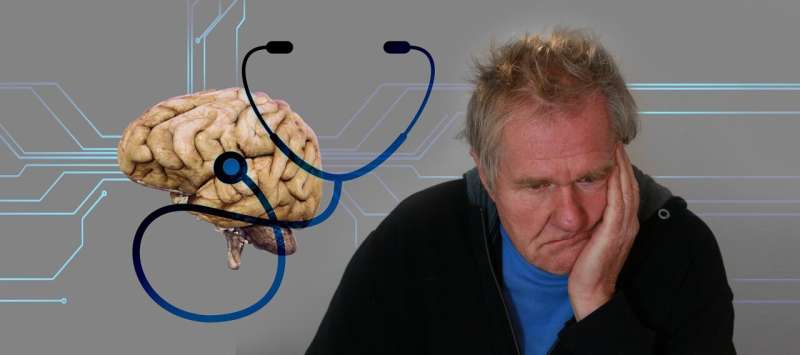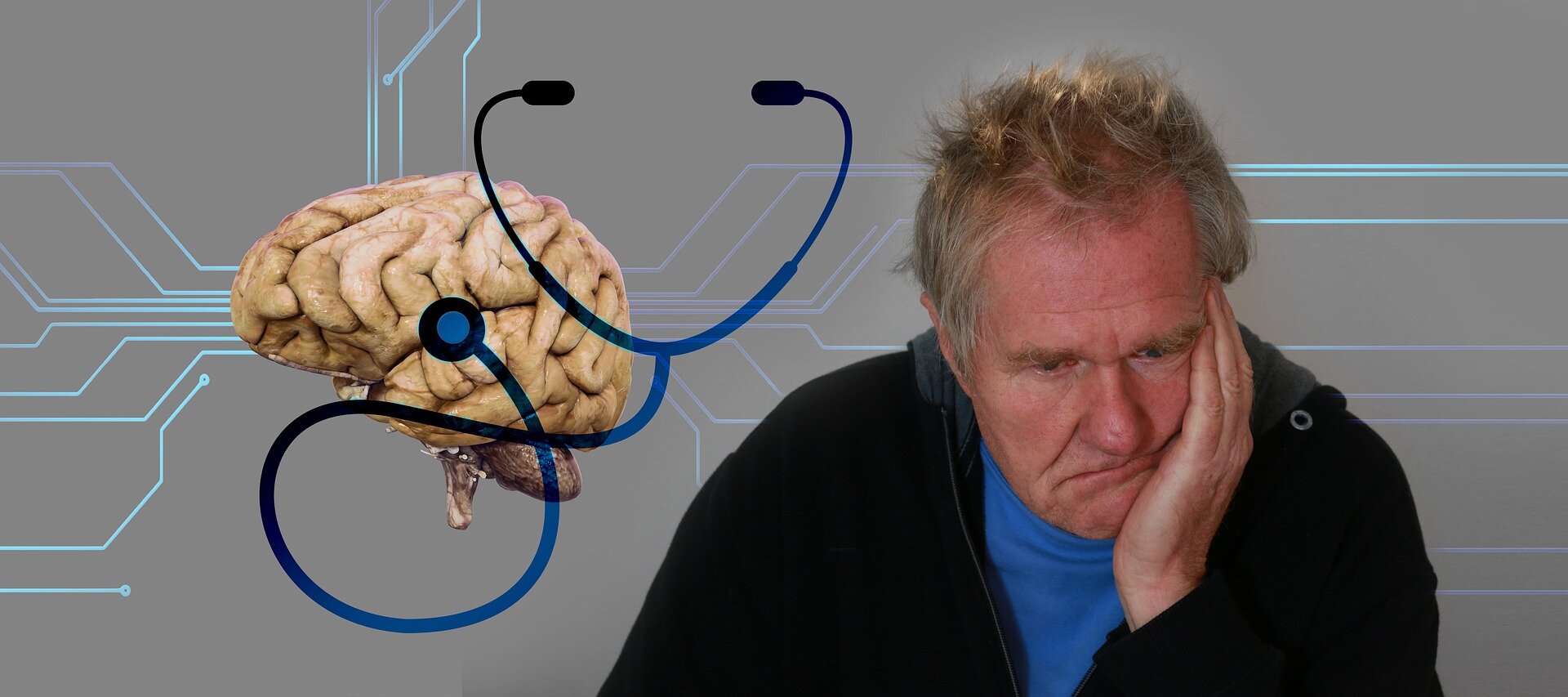
Credit: Pixabay/CC0 Public Domain
The approval of new antibody medications for Alzheimer’s disease—lecanemab and donanemab—and diagnostic tests in the blood mark the beginning of a new era in Alzheimer’s disease diagnosis and treatment. However, without rapid reform in health care systems, public policy, and societal attitudes, their potential will not be fully realized, argue 40 leading Alzheimer’s disease experts in The Lancet Series on Alzheimer’s disease.
Alzheimer’s disease accounts for about 70% of all dementia cases and is a leading cause of disability, resulting in high societal and economic costs.
In a novel comparison, the Series highlights that the new monoclonal antibody treatments can slow Alzheimer’s disease progression to a level comparable to the efficacy of medicines for cancer, rheumatoid arthritis and multiple sclerosis. However, the authors say that differences in age, patient outcomes, and side effects mean such comparisons should be treated cautiously.
Despite the similarity in treatment effectiveness for other diseases, high costs of medication, complex testing requirements, suboptimal care for behavioral symptoms, and under-resourcing risk leaving Alzheimer’s patients behind.
Encouragingly, improvements in the prevention of Alzheimer’s disease are also on the horizon, with emerging Brain Health Services identifying people at a high risk for developing the disease and providing them with personalized treatment programs.
Yet most cases of Alzheimer’s disease occur in people with low or normal risk, making population-wide measures which decrease risk—such as healthier urban design and restrictions on alcohol and sugary drinks—essential.
The authors call for coordinated global action so that the rapid pace of scientific advancement in the field of Alzheimer’s disease is matched by reforms at the level of health care providers, policy, and society.
Lead author of the Series, Professor Giovanni Frisoni, University of Geneva (Switzerland), says, “Blood tests, biological drugs for Alzheimer’s disease, and prevention interventions are propelling care into entirely new and exciting territory. However, the old needs of patients will not disappear.
“On the contrary, more general practitioners and dementia specialists will need to master the less glamorous but steady advances made in the past few decades in the care and treatment of behavioral disorders, the use of sophisticated diagnostic imaging and laboratory tools, and psychosocial care. A concerted societal effort in this direction will enable our current and future patients to benefit fully from the potential of scientific and technological advances.”
More information:
Alzheimer’s disease, The Lancet (2025). DOI: 10.1016/S0140-6736(25)01294-2
Citation:
Experts outline health care, policy and social changes needed to make the most of Alzheimer’s treatment breakthroughs (2025, September 22)
retrieved 22 September 2025
from https://medicalxpress.com/news/2025-09-experts-outline-health-policy-social.html
This document is subject to copyright. Apart from any fair dealing for the purpose of private study or research, no
part may be reproduced without the written permission. The content is provided for information purposes only.
